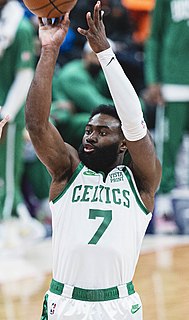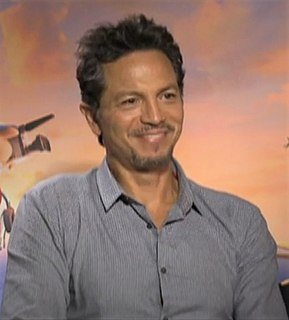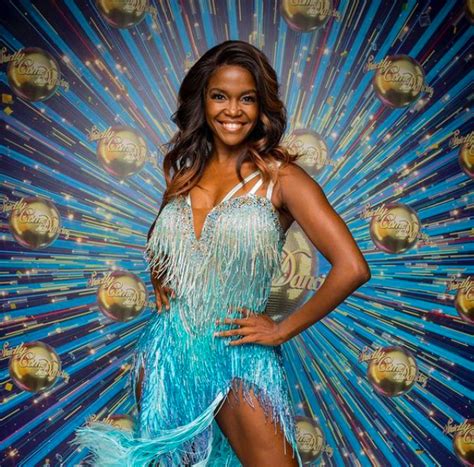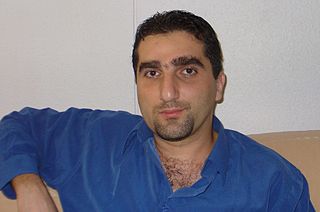A Quote by Garry Kasparov
For me, chess is a language, and if it's not my native tongue, it is one I learned via the immersion method at a young age.
Related Quotes
Language development, for instance, has a critical period that begins in infancy and ends between eight years and puberty. After this critical period closes, a person’s ability to learn a second language without an accent is limited. In fact, second languages learned after the critical period are not processed in the same part of the brain as is the native tongue.
Like Dvoretsky, I think that (all other things being equal), the analytical method of studying chess must give you a colossal advantage over the chess pragmatist, and that there can be no certainty in chess without analysis. I personally acquired these views from my sessions with Mikhail Botvinnik, and they laid the foundations of my chess-playing life.
People over the age of thirty were born before the digital revolution really started. We've learned to use digital technology-laptops, cameras, personal digital assistants, the Internet-as adults, and it has been something like learning a foreign language. Most of us are okay, and some are even expert. We do e-mails and PowerPoint, surf the Internet, and feel we're at the cutting edge. But compared to most people under thirty and certainly under twenty, we are fumbling amateurs. People of that age were born after the digital revolution began. They learned to speak digital as a mother tongue.

































